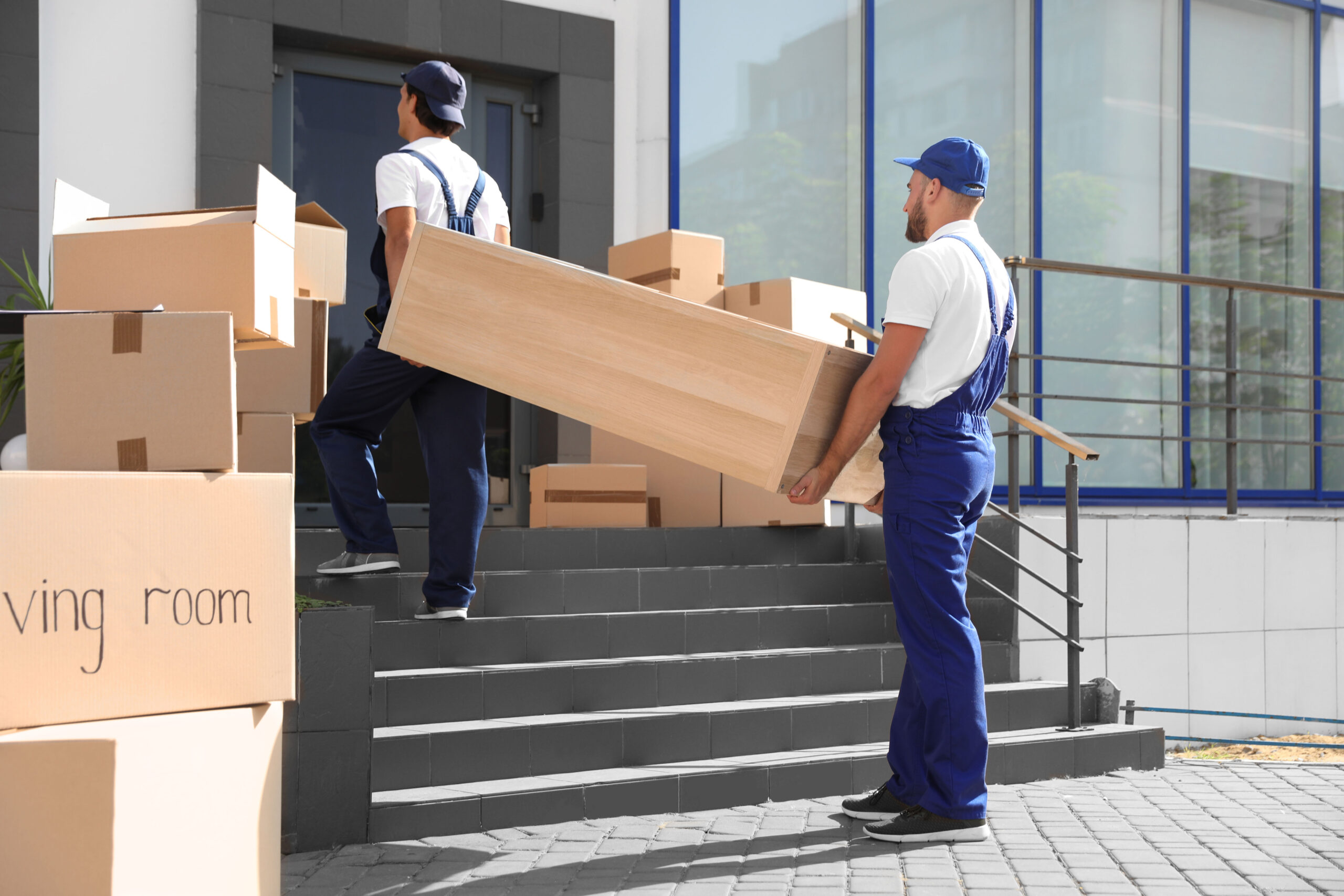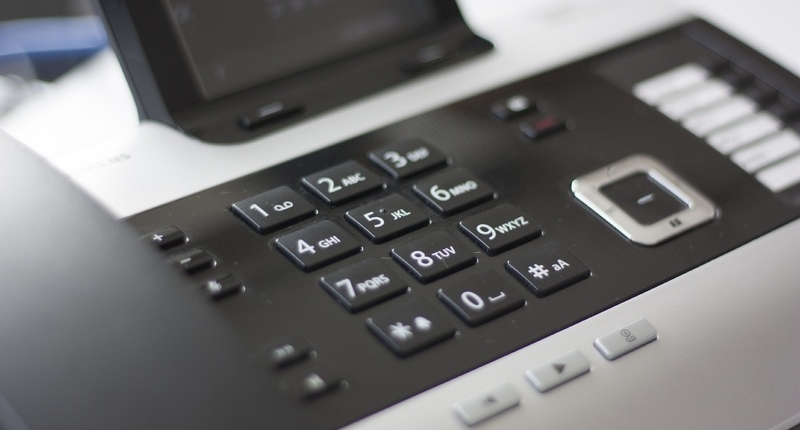Learn How to Prevent Frozen Pipes This Winter
Harsh winter weather has several disadvantages. First and foremost, it can damage your plumbing system. Pipes will likely freeze, crack and burst once the temperature drops. Take preventive measures and monitor the condition of your pipes throughout the winter months. By doing this, you can avoid frozen pipes and the expenses that go with it.
Need for Proper Insulation
Make sure to insulate all the pipes properly particularly those in attics and basements. Attic insulation is important because plumbing pipes in attics, basements, and garages are more prone to freezing. Extra insulation can prevent pipelines from freezing. You can ask a plumber to fit these tubes with fiberglass protector sleeves or foam rubber. This can help reduce the chances of freezing. Besides, the process is effective for exposed tubes. However, it may turn out to be costly if you need to break down walls or floors before insulating the pipes. Another option is to add insulation to ceilings and walls to keep the pipelines at room temperature.
Deep Freezes
Water expandsas it begins to freeze. This will place a huge amount of pressure on metal and plastic or PVC pipes. To deal with deep freezes, open the faucet that the pipe feeds slightly so it drips a little. It eases pressure from the entire system. Actually, the pressure that build up between the valve and obstruction causes the pipe to burst or break open. Opening the faucet to some extent prevents the pressure from accumulating. You may also set the kitchen spout to warm to stop the pipe from bursting.
Outdoor Hoses
Most homeowners have more than one outdoor faucet.During winter or at the end of the season, don’t forget to disconnect your garden hoses. Even ‘frost-free’ valves can cause your pipes to become frozen and rupture. Leaving the hose attached to the spigot fills it with water. Naturally, the water freezes once the temperature plunges. Ice occupies almost 10% more space than the same volume of liquid water. Regrettably, there is no space for expansion in the case of water pipes. This results in broken valves or ruptured pipes, or both.
Consistent Thermostat
Additionally, set your thermostat to the same temperature 24/7. You may be inclined to adjust the thermostat if the temperature fluctuates. However, continuous flow of warm air can only lead to pricey plumbing repairs. It would also be advisable to shut down the master valve normally located in the basement. All family members must know where this is if a pipe freezes and bursts.
Keep Kitchen, Bathroom Cabinets and Interior Doors Open
Finally, make sure that all cabinet and interior doors remain open. Many pipes are installed inside cabinets. Open these door once the temperature decreases. The heat from inside the house can help keep these pipes warm. Opening interior doors also allows the heat to freely move throughout the house. At the same time seal the spaces around holes where the pipes are installed beneath floors and walls. Cold air from outside getting in through these gaps will only make the cabinet cubicle colder.









